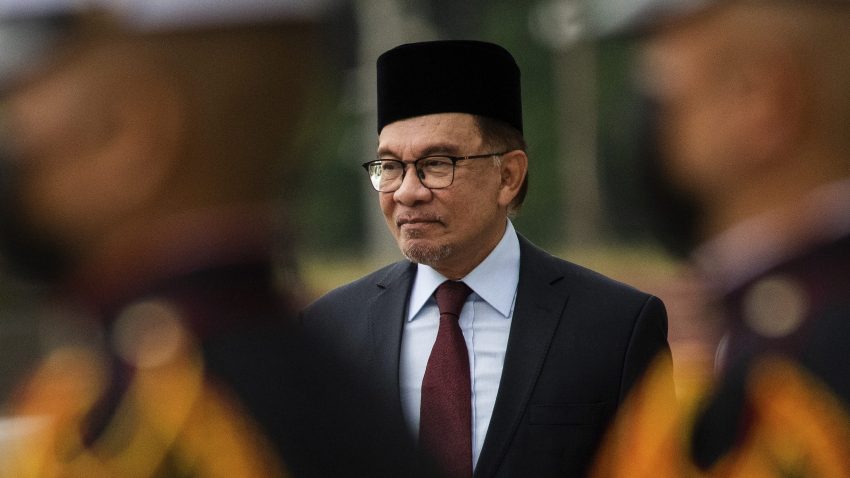After decades in opposition, and periods in jail because of that opposition, Anwar Ibrahim finally became Malaysia’s prime minister at the end of 2022. To achieve his long-time goal, the 76-year-old had to make political compromises in order to have enough votes to form a majority in parliament. Most notably, he allied his own Pakatan Harapan coalition, powered by reform-minded youth as well as non-Malay voters, with the remnants of the long-ruling Barisan Nasional coalition that Anwar had once belonged to but then for years opposed.
As a result, even many of his own supporters doubted that Anwar could tackle much-needed reforms to address deep-rooted corruption in politics and business, a sluggish economy dominated by entrenched tycoons and monopolies, a weak education system and a society increasingly divided between secularized urban elites and increasingly conservative religious rural Malays.
Still, despite these challenges, Anwar’s elevation to the top job seemed to augur well. After all, with one of the region’s most famous advocates for democracy, rights and reform in charge, surely Malaysian politics, business and society would begin to see some long-awaited changes?

